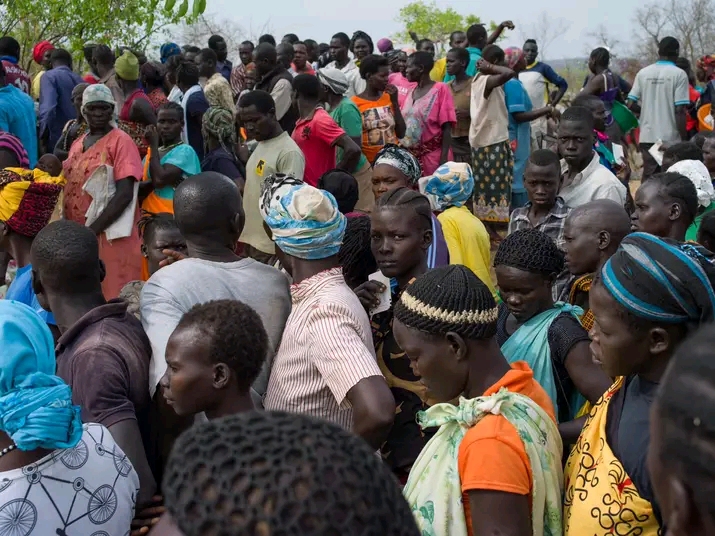By Ollus Ndomu
Amid the challenges of repatriating failed asylum seekers back to Nigeria, President Bola Tinubu expressed readiness to welcome an estimated 12,000 stranded Nigerians from Germany.
Nigeria witnessed over 1,800 first-time asylum applications in Germany from January to September this year, yet the acceptance rate remains relatively low.
Without doubt, the prospect of reintegrating these individuals into Nigerian communities poses a significant challenge.
President Tinubu, in a recent statement, affirmed the government’s willingness to support the returnees.
However, concerns linger about the practical execution of this commitment as the complexities of repatriation are intertwined with bureaucratic hurdles, particularly in the absence of proper paperwork for many stranded Nigerians.
This pronouncement arrives at a pivotal juncture when the returnees require comprehensive support mechanisms to reintegrate successfully.
The prospect of returning to Nigeria presents numerous challenges, including economic reintegration, access to education, healthcare, and social services, which demand governmental strategies to ensure a seamless transition back into their communities.
Nigeria’s offer to welcome back stranded nationals reflects a promising step towards addressing the difficulties faced by those seeking repatriation.
The success of this initiative, however, hinges on practical support mechanisms and comprehensive policies to facilitate the returnees’ successful reintegration into Nigerian society.


